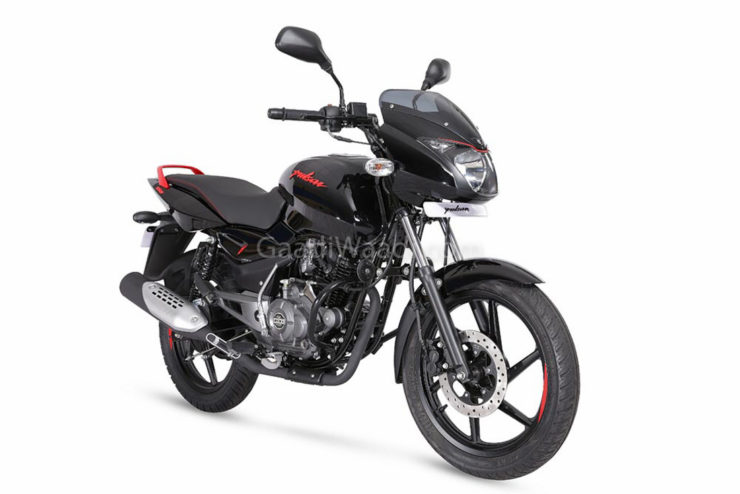
The Indian government is reportedly considering a mandate to make all two- and three-wheelers go fully electric in the not-so-distant future. The possible move has been slammed by TVS Motor Company’s Chairman Venu Srinivasan as an “unrealistic deadline” and we cannot really argue against it.
He further stated that it would create a sense of dissatisfaction among customers and risks the job of four million people working in the automobile manufacturing sector. The central authorities are pondering over stop sales deadline in the year 2023 for pure IC-engined three-wheelers and 2025 for two-wheelers of up to 150 cc engine capacity.
The possible mandate comes on the back of the automotive industry speeding up operations to meet the BSVI deadline of April 2020 with manufacturers involved in high cost of upgrading their engine lineups and knocking some models off their range. Bajaj Auto’s Managing Director, Rajiv Bajaj, echoed Srinivasan’s take on the matter as well.
He said the two-wheeler industry does not possess any “meaningful experience” with electric vehicle technology currently to achieve the transition in a little space of time. He is also concerned over the possibilities of government making a U-turn that would ultimately hurt the competitive position of his brand against global players.
Another obvious reason is the lack of charging infrastructure and the challenges faced in commercialising the electric two-wheelers in the accessible price range for customers. To make a product competitive, it is paramount to have high local sourcing and if the electric bikes or scooters cannot be priced affordably, high volumes cannot be expected out of them.
Venu Srinivasan believes in gradual and seamless adoption of zero-emission vehicles and Rajiv Bajaj wants the government to implement stricter CAFÉ (Corporate Average Fuel Efficiency) norms for all categories of vehicles in order to achieve the common goal of curbing pollution. What’s your take on it? Is the government being too ambitious?
This website uses cookies.